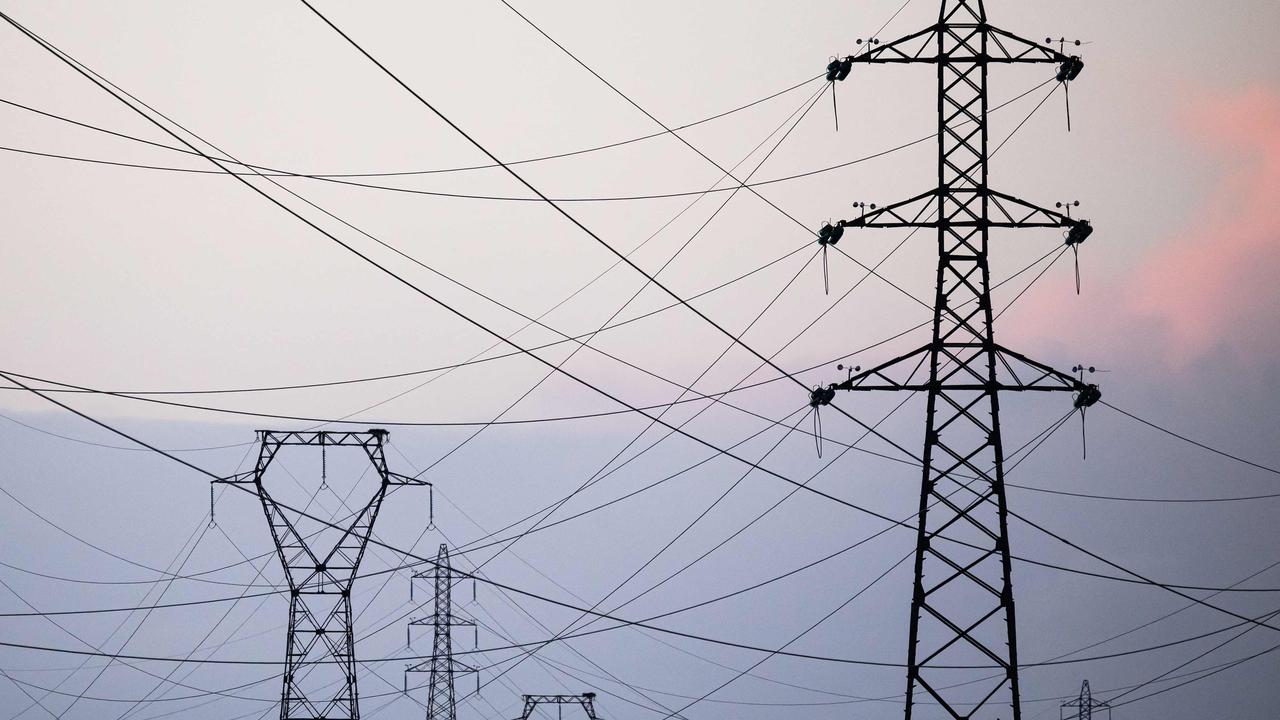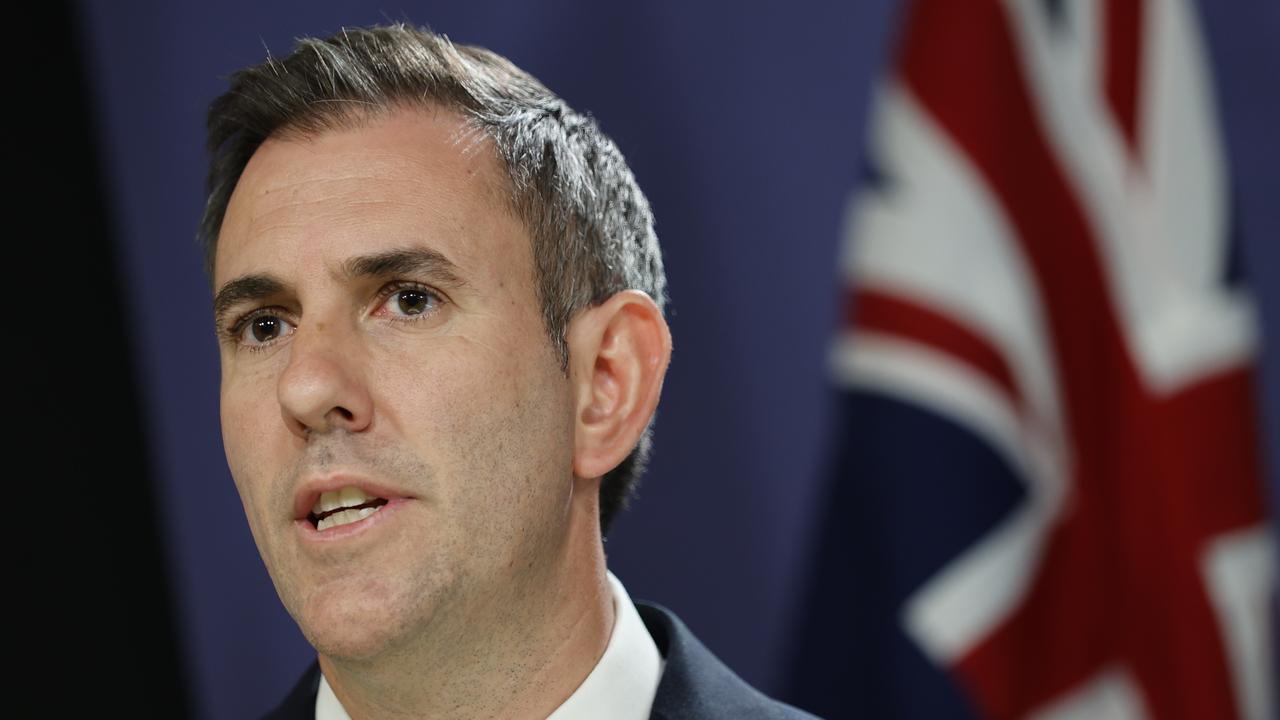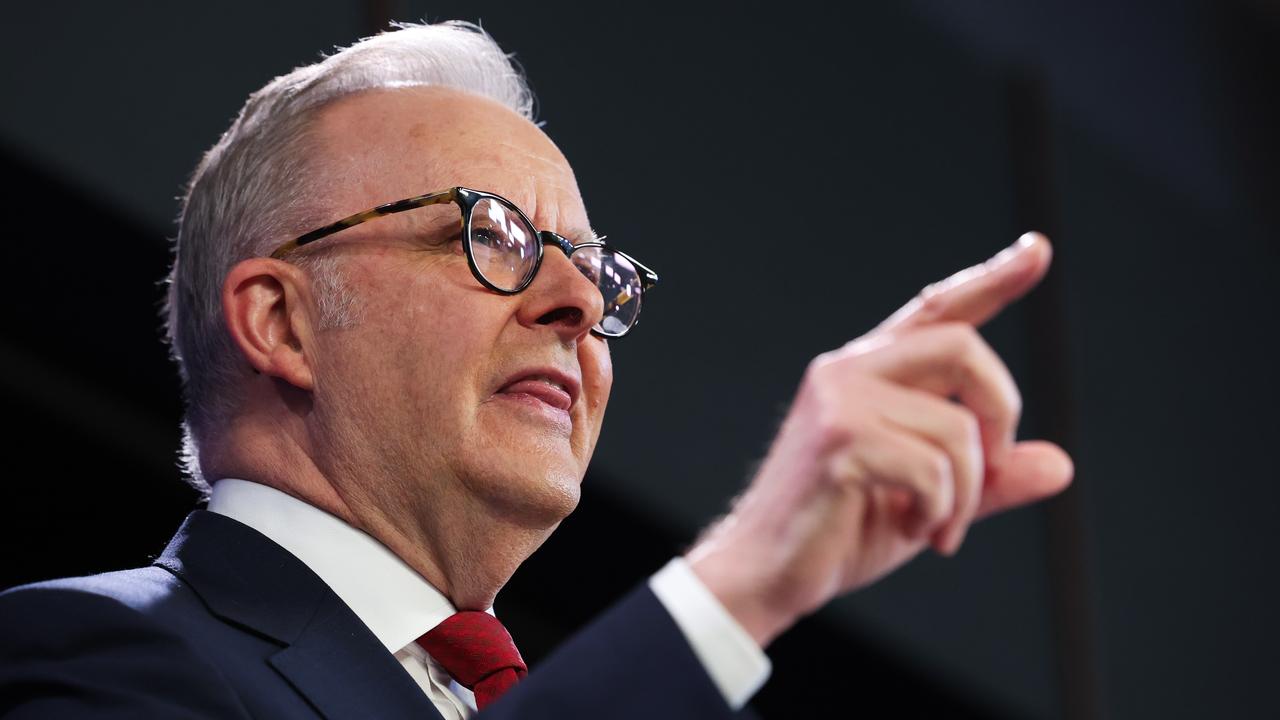Australians who will miss out on $500 energy rebate announced in federal budget 2023
Some unlucky Australians are set to miss out on a handy $500 rebate while their peers enjoy the perks of the government handout.

Three unlucky Australian states and territories are set to miss out on the full benefits of a $500 rebate for skyrocketing energy bills.
On Tuesday evening, the Albanese government handed down its second budget with a major focus on easing the cost of living pressures everyday Australians are facing.
Among the government’s policies is a plan to hand out $3 billion worth of relief for rising electricity and gas costs for five million struggling households and small businesses.
The $3 billion package was brokered in conjunction with state governments – but one state and both of Australia’s territories are receiving less than everyone else.
Eligible households in NSW, Victoria, Queensland, South Australia and Tasmania can enjoy having $500 deducted from their gas or electricity bill.
But residents in Western Australia, the Northern Territory and the ACT will only get $350 in reprieve.
Treasurer Jim Chalmers, who announced the decision at 7.30pm, said this was because those states and territories were experiencing lower electricity prices than the others.
It’s not just those residents missing out. Thousands of working families just above a certain income threshold have also been short changed.

The Treasurer previously confirmed in an exclusive interview with news.com.au ahead of the budget announcement that the energy relief policy was targeted to pensioners, Commonwealth Seniors Health Card holders and households receiving income support including the Family Tax Benefit (FTB) A and B.
For families with one child, FTB is cut off after you reach a combined income of more than $108,000. Anyone earning above that will miss out on the power relief package.
And families with two teenage children can’t earn over $117,000, while three-children families must not make above $140,000, otherwise they too will miss out on FTB and the energy rebate.
Dr Chalmers said the $500 handouts were necessary as energy bills have been wreaking havoc on personal finances – and are set to get even worse as the global economy crumbles.
“Back in November, gas bills were set to go up by 20 per cent in 2023, 2024 – and electricity bills were set to rise by 36 per cent,’’ he said in his budget speech.
“This was the high price Australians were slated to pay for the Russian invasion of Ukraine – and a decade of energy policy failure here at home.
“Our government refused to stand by and let this happen.”
Without intervention, rising energy prices were expected to increase consumers’ payments by $1.5 billion over four years from 2022 to 2023.

As well as offering the rebate, the federal government has also unveiled a plan to reduce power costs in the long term by changing household infrastructure.
They have established the $1.3 billion Household Energy Upgrades Fund which will provide low-cost loans to more than 170,000 households looking to make their homes more energy efficient, such as installing double-glazing or solar panels.
Of that, $300 million is reserved for 60,000 social housing complexes.
“As most social housing was built over 20 years ago, before minimum build standards, the energy efficiency of most social housing is amongst the lowest in Australia,” the budget paper states.
“These are the Australians who can’t afford – and would benefit most – from energy upgrades.”
The funding for the new $1.3 billion package is in partnership with states and territories while the low-interest loans are from a collaboration between the federal government and private lenders.
According to government projections, upgrading the energy efficiency rating of a home from 1/10 stars to 3/10 stars can reduce energy bills by around 30 per cent.
Meanwhile, increasing a home’s rating from three to five stars can reduce energy bills by another 20 per cent.
Australia has slipped down to 58th out of 63 countries in terms of energy efficiency in recent years.
– With Samantha Maiden and Frank Chung




